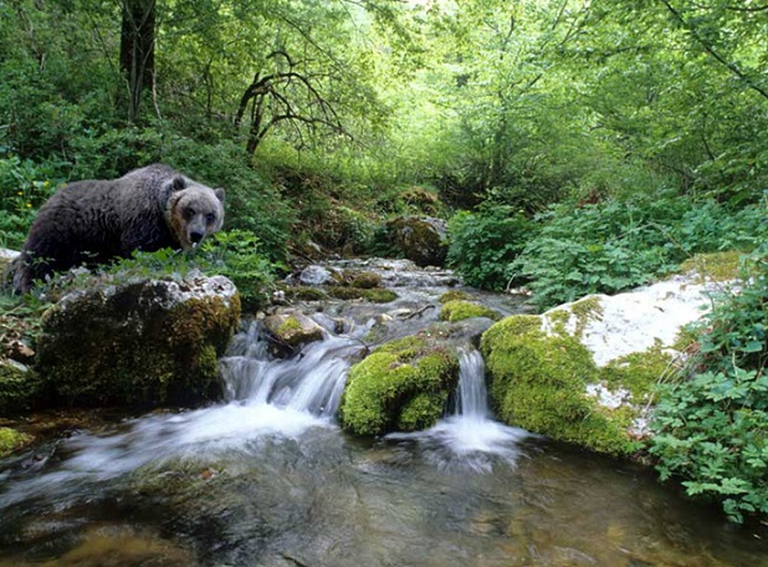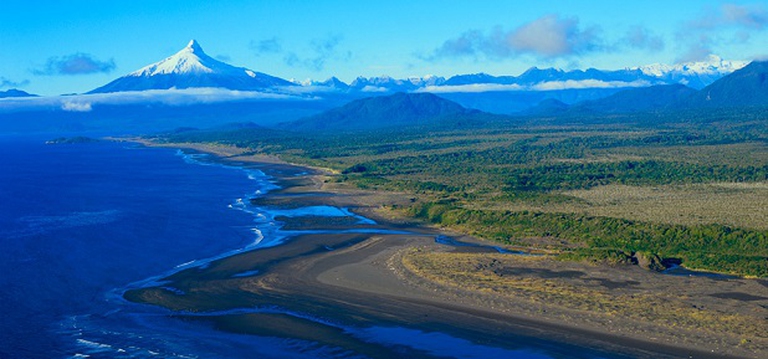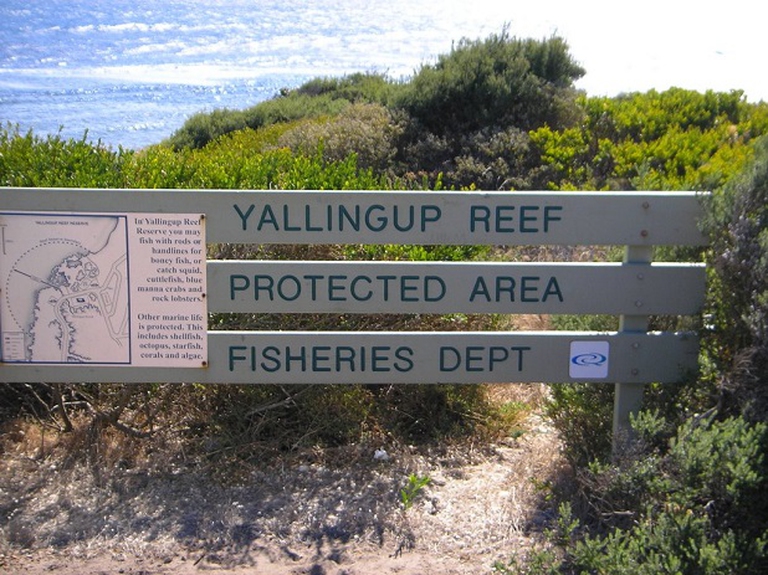Lo sostiene un nuovo studio secondo il quale i governi mondiali non riescono a fornire la necessaria protezione alla natura.
In 2010, world’s governments committed to protecting and preserving 17% of land and 10% of sea by 2020, particularly those places considered essential for nature.
![orso-marsicano]()
Today, 5 years before the deadline, new research carried out by 40 authors from 26 institutions, including the IUCN and BirdLife International, shows that the current protected areas system is failing to safeguard all key sites, endangered species, and threatened ecosystems.
“We carried out the most comprehensive analysis to date of how well Protected Areas cover nature,” said Dr Stuart Butchart, BirdLife International’s Head of Science and lead author of the paper. “We analysed nearly 12,000 important sites, over 1,000 terrestrial and marine ecological regions and over 25,000 species of animals and plants, including the first assessment for marine species”.
![parco]()
The analysis also revealed that only one-fifth of key sites for biodiversity are completely covered by protected areas, with one third lacking any protection. Furthermore, less than half of mammals, amphibians, mangroves and various marine groups have a sufficient proportion of their distributions covered by the current protected area network to be adequately conserved.
According to researchers, achieving adequate coverage of nature to meet globally adopted targets would require twice the area of protected sites in the world.
“Challengingly, the largest increases in land needing to be set aside for conservation are located in poorer countries of the world,” said Dr Neil Burgess of the UNEP and study’s co-author.
![area protetta]()
This research should be the wake-up call for governments and conservationists all over the world. The objective still remains far and achieving it requires recognition and designation of new protected areas, in order to adequately safeguard the beautiful nature surrounding us.
Translated by Camilla Soldati
Siamo anche su WhatsApp.
Segui il canale ufficiale LifeGate per restare aggiornata, aggiornato sulle ultime notizie e sulle nostre attività.

Quest'opera è distribuita con Licenza Creative Commons Attribuzione - Non commerciale - Non opere derivate 4.0 Internazionale.












